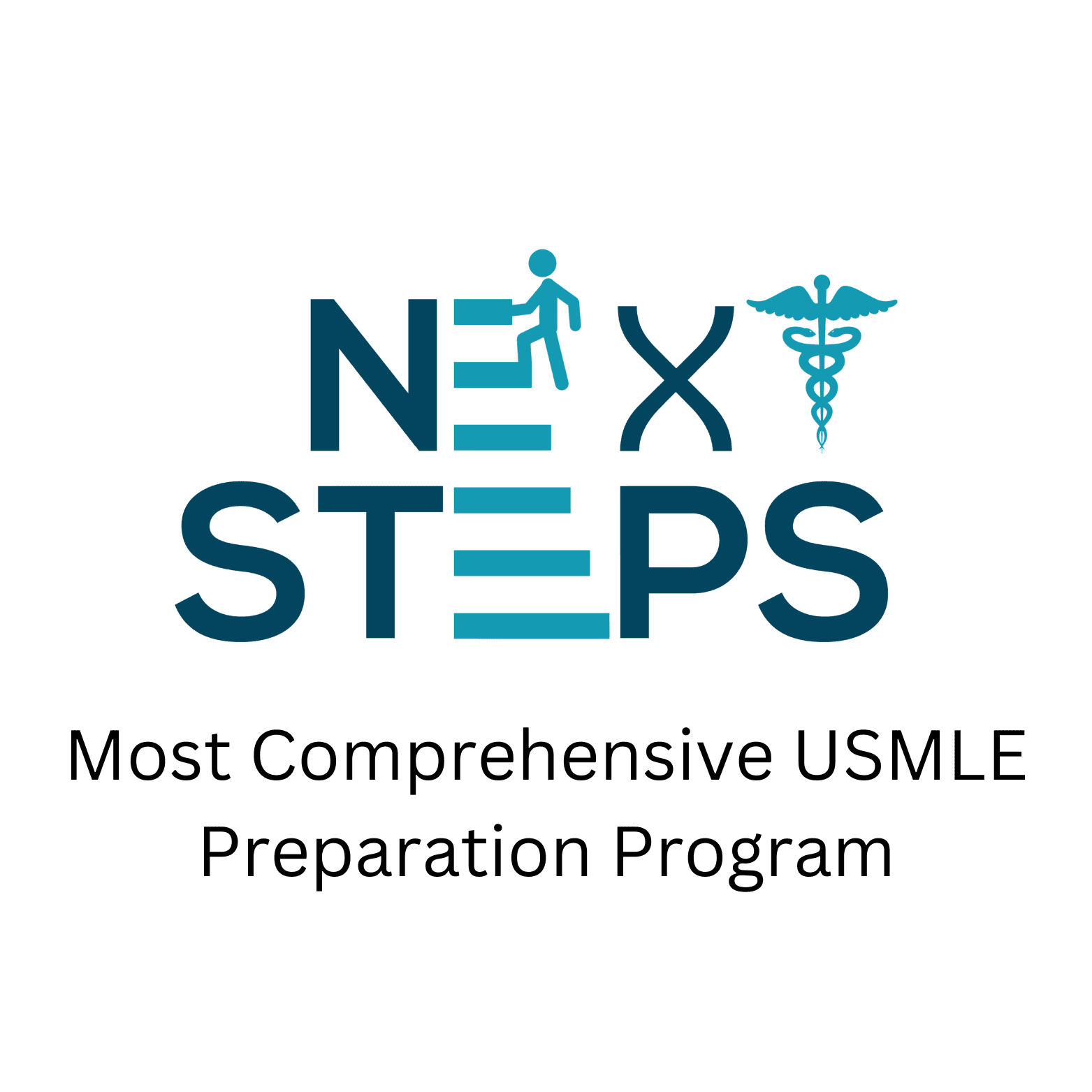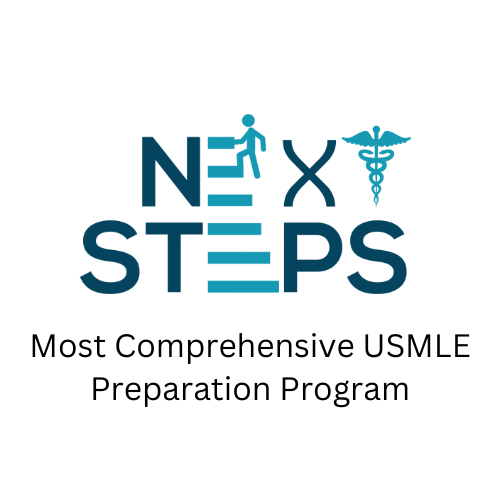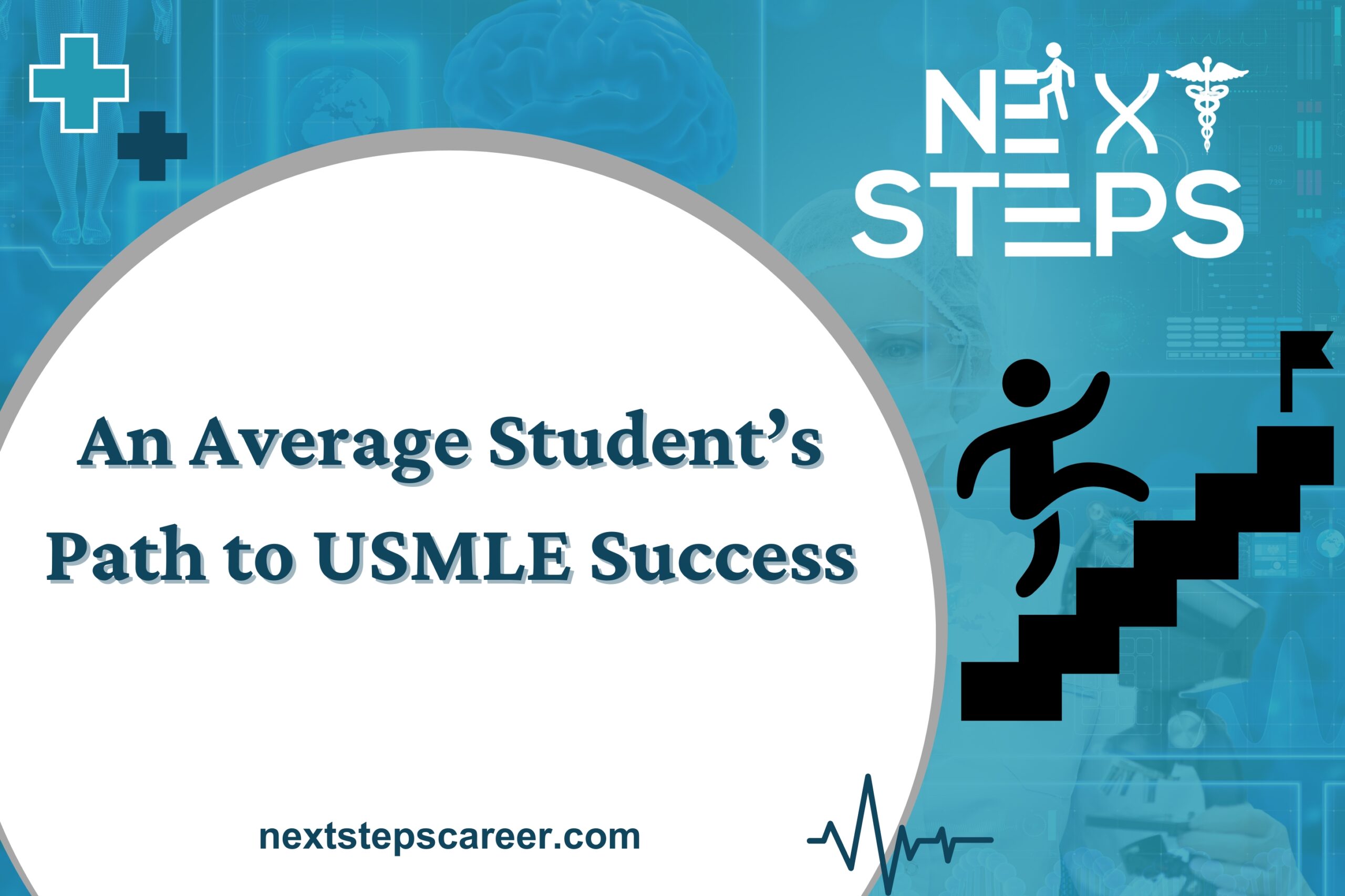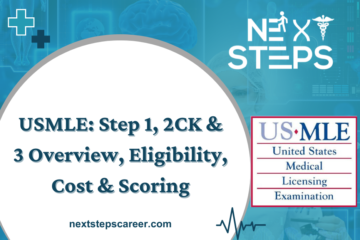An Average Student’s Guide to Passing the USMLE: Strategies for Success
The United States Medical Licensing Examination (USMLE) is a significant hurdle for medical students and graduates aiming to practice medicine in the United States. For many average students, the thought of taking the USMLE can be daunting. However, with the right strategies and mindset, passing the exam is entirely achievable.
In this guide, we’ll break down effective techniques, resources, and tips specifically designed for average students who aspire to succeed on the USMLE.
1. Understand the Structure of the USMLE
The USMLE Success consists of three steps:
-
- Step 1: Focuses on basic medical sciences.
-
- Step 2 CK (Clinical Knowledge): Tests your clinical knowledge and understanding.
-
- Step 3: Assesses your ability to manage patients in a clinical setting.
Understanding the content and format of each step is crucial. Familiarize yourself with the types of questions you will encounter, including multiple-choice questions and clinical vignettes.
2. Create a Study Schedule
A well-structured study schedule is key to managing your time effectively. Here’s how to create one:
-
- Assess Your Timeline: Determine how much time you have until your exam date. Ideally, you should give yourself at least 3-6 months of focused study time for each step.
-
- Set Realistic Goals: Break your study material into manageable sections and set daily or weekly goals. This prevents overwhelming yourself with too much information at once.
-
- Include Breaks: Incorporate regular breaks to recharge your mind and avoid burnout. For every 2-3 hours of studying, take a 15-30 minute break to stay fresh.
3. Choose the Right Study Resources
As an average student, selecting high-yield study materials is essential to maximize your study efficiency. Here are some recommended resources:
-
- First Aid for the USMLE: A comprehensive review book that covers all major topics for Step 1 and is often considered a must-have.
-
- Qbanks: A question bank that provides a vast number of practice questions along with detailed explanations. It’s widely regarded as one of the best tools for USMLE preparation.
-
- Next Steps Mentoring App: Offers extensive review courses and study materials for both Step 1 and Step 2 CK.
-
- Online Lectures: Consider platforms like Next Steps for visual and interactive learning.
4. Active Learning Techniques
Simply reading textbooks or watching videos isn’t enough. Engaging with the material actively will help you retain information better. Here are some effective techniques:
-
- Practice Questions: Regularly practice USMLE Success – style questions. Aim for a mix of daily practice and timed full-length exams to simulate the test experience.
-
- Flashcards: Use flashcards for quick review of key concepts, definitions, and high-yield facts. Apps like Next Steps can be particularly helpful.
-
- Group Study: Join or form a study group. Explaining concepts to others reinforces your understanding and allows you to learn from your peers.
5. Focus on Weak Areas
Identifying and addressing your weak points is vital for effective preparation. Here’s how to do it:
-
- Self-Assessment: Take practice exams to assess your knowledge and identify areas that need improvement. This can also help reduce test anxiety by familiarizing you with the exam format.
-
- Targeted Study: Once you identify weak areas, allocate extra time to review those topics. Use additional resources or seek help from mentors or peers to gain a better understanding.
6. Simulate Exam Conditions
To prepare mentally and physically for the exam day, practice under conditions similar to the actual test:
-
- Full-Length Practice Exams: Take full-length practice exams at regular intervals to build stamina and get used to the pacing of the real exam.
-
- Timed Conditions: Ensure you complete practice questions within the same time limits as the actual exam to help you manage your time effectively.
7. Stay Healthy and Manage Stress
Maintaining your physical and mental health is crucial during your preparation:
-
- Exercise Regularly: Physical activity helps relieve stress and improves concentration. Aim for at least 30 minutes of exercise a few times a week.
-
- Eat Well: A balanced diet fuels your brain and keeps your energy levels up. Focus on nutritious meals that enhance cognitive function.
-
- Get Enough Sleep: Prioritize sleep, especially in the weeks leading up to your exam. Lack of sleep can hinder memory consolidation and focus.
8. Test Day Strategies
On the day of the exam, keep the following strategies in mind:
-
- Arrive Early: Give yourself plenty of time to arrive at the testing center. Rushing can increase anxiety.
-
- Stay Calm: Use relaxation techniques, such as deep breathing or visualization, to stay calm before and during the exam.
-
- Pace Yourself: Monitor your time carefully during the exam. If you find a question difficult, move on and return to it later if time permits.
9. Learn from Experience
Regardless of your exam outcome, view the experience as an opportunity to learn:
-
- Reflect on Your Preparation: After the exam, assess what worked and what didn’t. This will help you refine your study approach for future steps.
-
- Seek Feedback: If you have mentors or peers who have taken the exam, seek their feedback on your preparation and strategies.
Final Thoughts
Being an average student doesn’t mean you can’t succeed in the USMLE Success. With a strategic approach, dedicated study time, and the right mindset, you can pass the exam and take significant steps toward a successful medical career.
Remember, persistence and resilience are key. Focus on your goals, stay committed to your studies, and keep pushing forward. You’ve got this!





